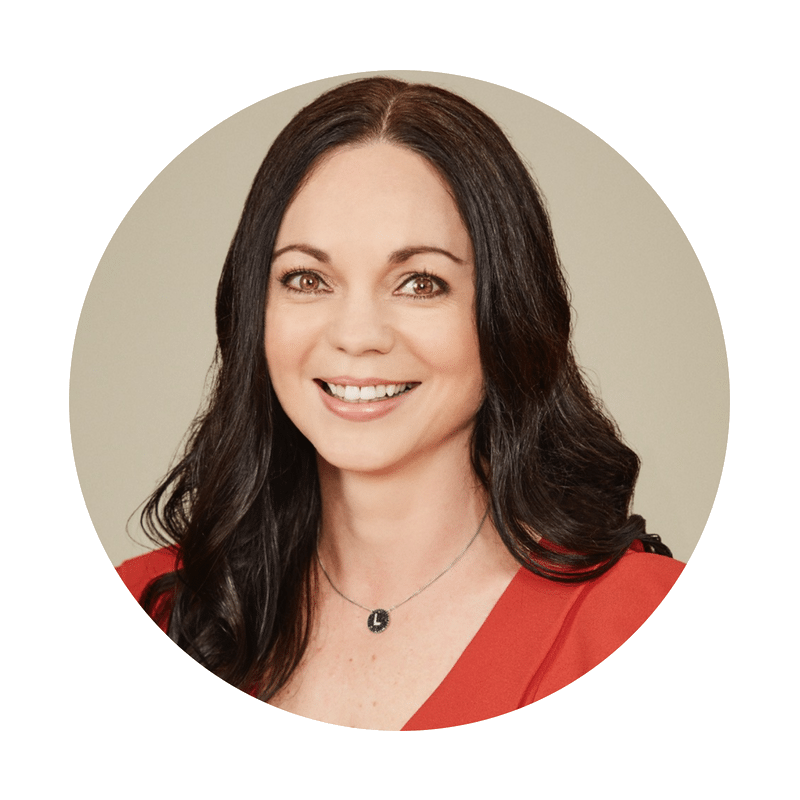
The Long View of Creativity
The Long View of Creativity
How long is my vision? Does it have a depth that can rival oceans? Has it curiosity akin to a child’s? Will its manifestation mean something even if I never get to see those results? These are questions I ask as I embark on a new writing project. Queries exploring the spirit and purpose of the art. They are the unwritten portion of each literary venture, inked in inquisition and resolution upon the parchment of my consciousness.
As a writer, I must see the long view of each letter I type. I need to comprehend the immortality of character, the timelessness of setting. I acknowledge that whatever I put to paper might inspire relief from suffering, or instigate it. I may just as easily alienate readers as unite them, depending upon how I incorporate theme or voice into a work. I have to understand the permanency of every paragraph or stanza, and the way each story potentially endures long after I have set down my pen.
Our words are a legacy.
Several years ago, a home in my neighbourhood sold, and the new owners dug up the entire front yard, justifiably intent on changing the area to suit their tastes. As the landscaping progressed, however, I was flabbergasted as their preferences become apparent to the neighbourhood.
Enormous, stark white slabs of stone were installed vertically like obtrusive, glittering sentries at a number of points across the corner property. The large gaps between each conspicuously erected monolith were then dotted with a few tiny plants, leaving the ground largely unadorned and the great stretches of mulch desolate. The visual effect of these seemingly pretentious columns left me wondering if the outlandish garden was a cry for attention or simply an unsightly display of status.
I had failed to see the role that time would play. But the new owners had not.
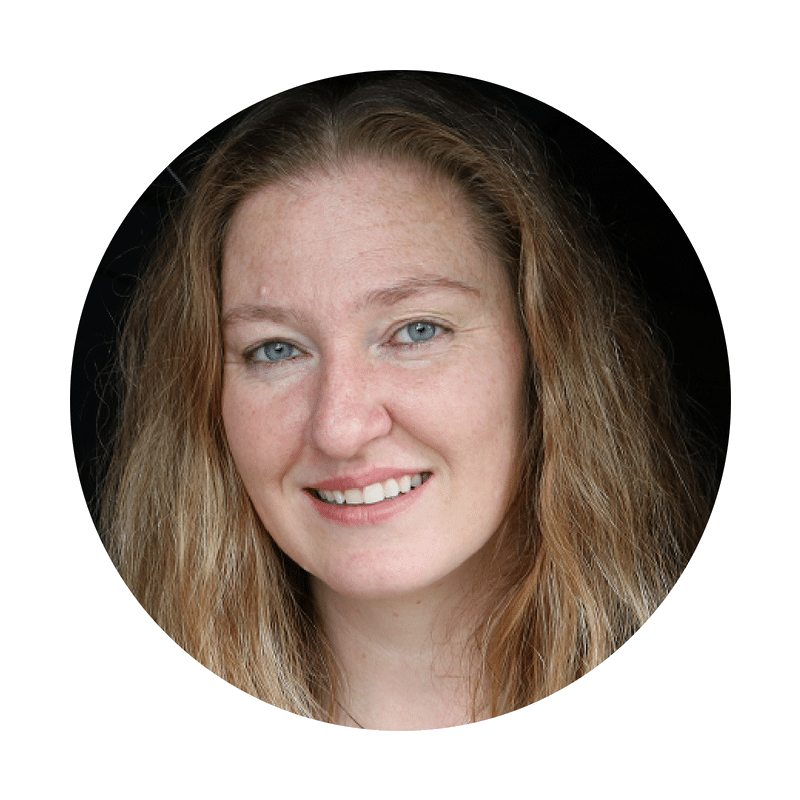
.
About Jennifer
Jennifer wrote her first poem at the age of six, and she has been involved in the world of words as an editor, a blogger, and an article writer. She is published in and shortlisted for a growing number of local, national, and international electronic and print publications.Most recently she had an essay, titled Bairnlorn, appear in the Globe & Mail, placed first in the My City, My Words poetry contest, and wrote and handcrafted a board book for her son.
She also tells terrible jokes.
They knew what weather would do; how a year of exposure to dust, sunlight, sea air, and rain would stain the impermeable rock. They recognized the simple truth that plants grow and that they need space to do so. They understood the topography of the land and how to place elements that worked with the gentle slope bowing into the street from their front door.
I realized it slowly, over the course of the next twelve to eighteen months. The genius of it.
They had gifted our neighbourhood with a version of the stone circles of Europe.
The bright granite was now darkened with patches of slate, moss, and charcoal, the gleam replaced with the satin finish of aged stone. The heathers had spread into the empty pockets of soil, and the mix of species bloomed at different times, seasonally offering a carpet of tiny purple or white clustered buds. Bees crawled over the foliage, greedily collecting pollen from the bell-shaped flowers. Crows rested on the natural pillars, cocking their heads in response to the gaze of passersby. Sparrows hopped over the ground, darting amid the crevices between the evergreen groundcover in search of shelter or food.
It was a tiny piece of the magic one feels while standing within Stonehenge.
It is into this model of patience, and the twin branches of deliberate unfolding and organic growth, that I write. My creativity is best expressed when I keep these lessons in mind. When I lean into the possibilities that may ripple from casting a story into the waters of the world, I should consider how those vibrations will colour, grow, and bring life to the perspectives of others. Without reflection, I risk creating a literary landscape out of touch with my intention and my readers. But with it, I can hold on to the long view and create something lasting and beautiful.
Author Potential Profile Assessment
Discover your hidden strengths as well as the areas you need to build on to become an author.



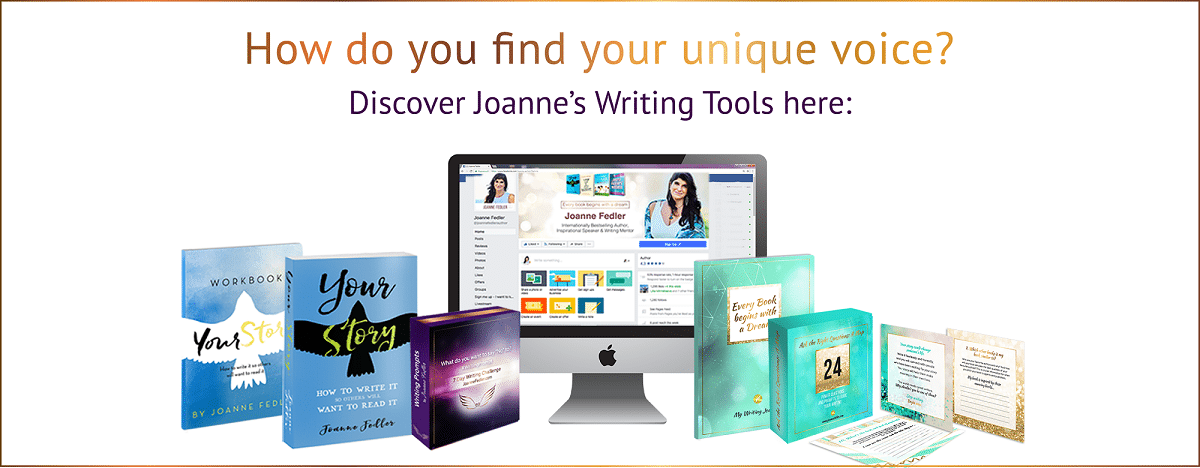

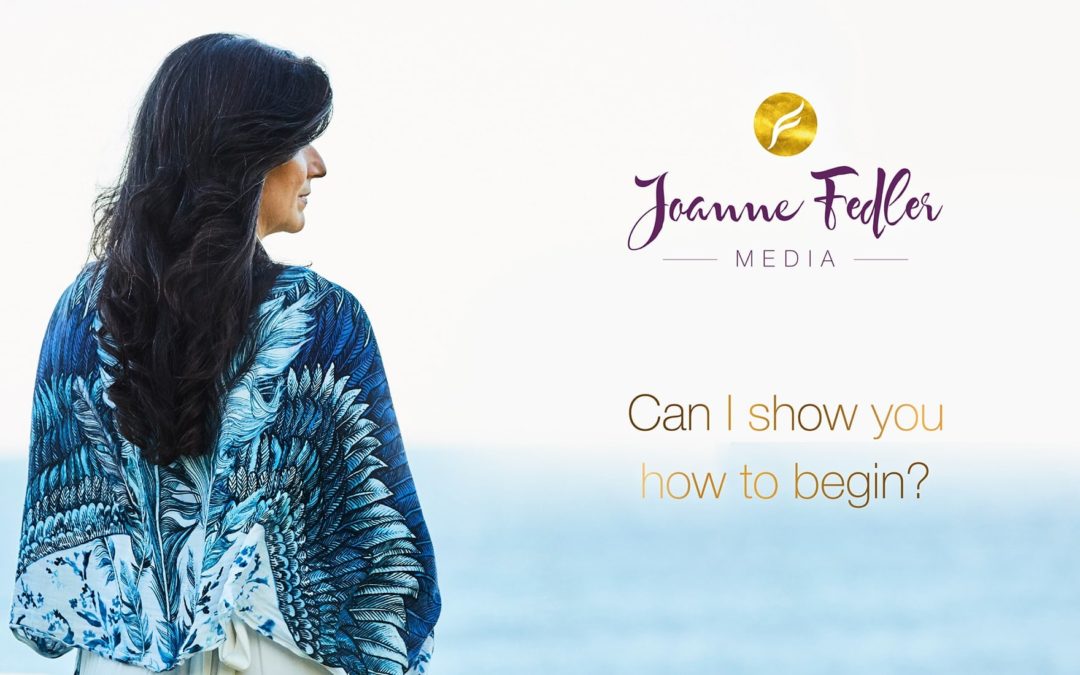
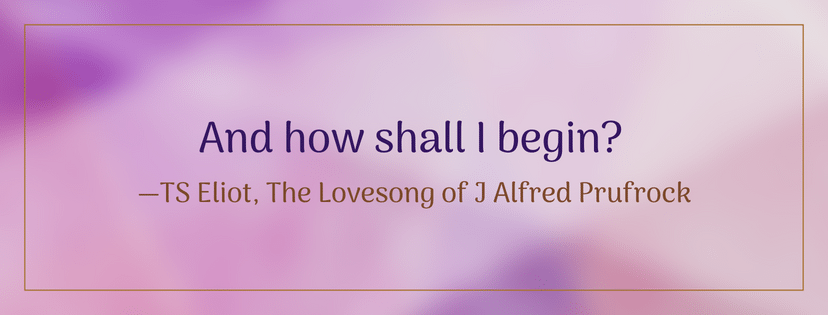

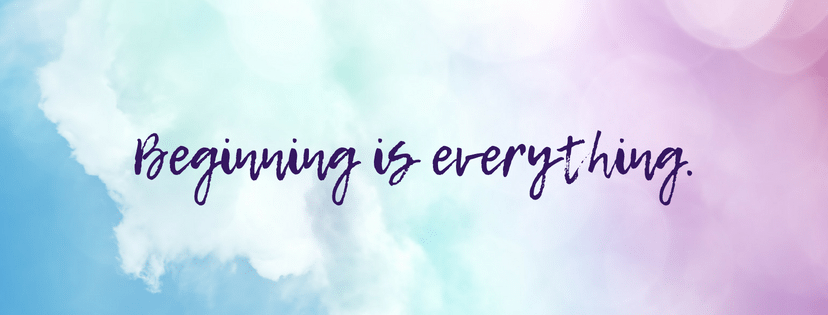
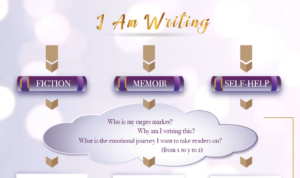 Below, you’ll find a map – an infographic – which will ask you to identify whether you’re working on fiction, memoir or self-help and will then guide you to the essential questions you need to tackle as a starting point for each one.
Below, you’ll find a map – an infographic – which will ask you to identify whether you’re working on fiction, memoir or self-help and will then guide you to the essential questions you need to tackle as a starting point for each one.
